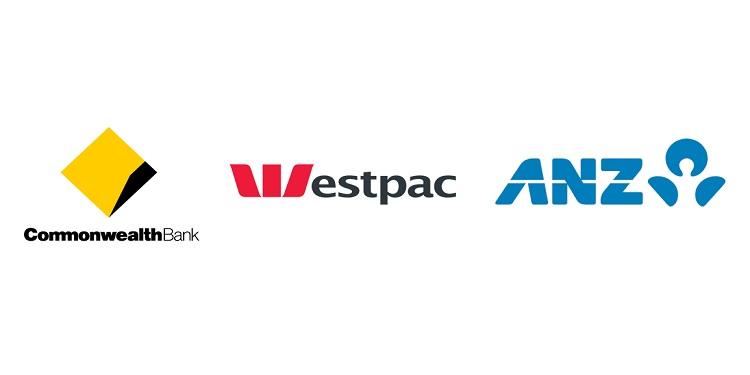Australia’s Top Banks Join Blockchain Trial Under RBA’s Project Acacia
Three of Australia’s largest banks have collaborated in a groundbreaking initiative led by the Reserve Bank of Australia (RBA) to explore the potential of blockchain technology in revolutionizing institutional settlements and digital payments. This initiative, named Project Acacia, brings together a diverse group of public and private entities to experiment with new forms of digital currency and their impact on the Australian financial ecosystem.
Exploring Blockchain in Financial Transactions
Commonwealth Bank (CBA), Westpac, and ANZ are actively participating in various pilot programs under Project Acacia to assess how blockchain infrastructure can modernize financial transaction processes. This move signifies a growing institutional interest in unlocking the operational and financial benefits of tokenized finance.
Diverse Use Cases Across Major Banks
CBA has teamed up with JPMorgan to investigate how digital innovations can streamline the short-term financing market, specifically focusing on the repo market. This trial, in collaboration with the Australian Securities Exchange (ASX) and HQLAx, aims to enhance the speed and efficiency of repo transactions using blockchain-enabled settlement mechanisms.
Westpac, on the other hand, is exploring the integration of token-based payments into existing digital banking platforms to enhance customer payment options while ensuring security and regulatory compliance. ANZ is evaluating the feasibility of conducting bond trades using a wholesale central bank digital currency (CBDC), showcasing the potential for blockchain-based financial instruments in fixed-income markets.
Public-Private Collaboration for Digital Asset Innovation
Project Acacia is a joint effort with the Digital Finance Cooperative Research Centre (DFCRC) and several regulatory bodies, including ASIC, APRA, and the Treasury. This collaborative approach aims to examine the possibilities of tokenization within the financial sector.
The RBA, through Assistant Governor Brad Jones, emphasized that the project’s key objective is to assess how advancements in digital currencies, both public and private, combined with modern payment systems, can enhance the efficiency of wholesale financial markets in Australia. The outcomes of these trials will play a crucial role in shaping future policies and infrastructure decisions.
Regulators Encouraging Innovation
ASIC commissioner Kate O’Rourke expressed support for Project Acacia, highlighting the opportunity for the financial sector and regulatory agencies to explore the practical implications of blockchain and digital asset technologies. The regulatory relief provided to participants will facilitate responsible experimentation, fostering efficiency gains and risk mitigation.
By focusing on areas like carbon credits, private markets, and government bond transactions, Project Acacia is paving the way for a potential shift towards tokenized financial markets. This initiative is seen as a blueprint for future collaborations between regulators and financial institutions aiming to future-proof Australia’s financial landscape.
Conclusion
The involvement of Australia’s top banks in Project Acacia underscores a collective acknowledgment among policymakers and industry leaders of the need for innovative experimentation in reshaping financial infrastructure. Through robust oversight and a commitment to innovation, this initiative marks a significant step towards redefining the future of financial transactions in Australia.


